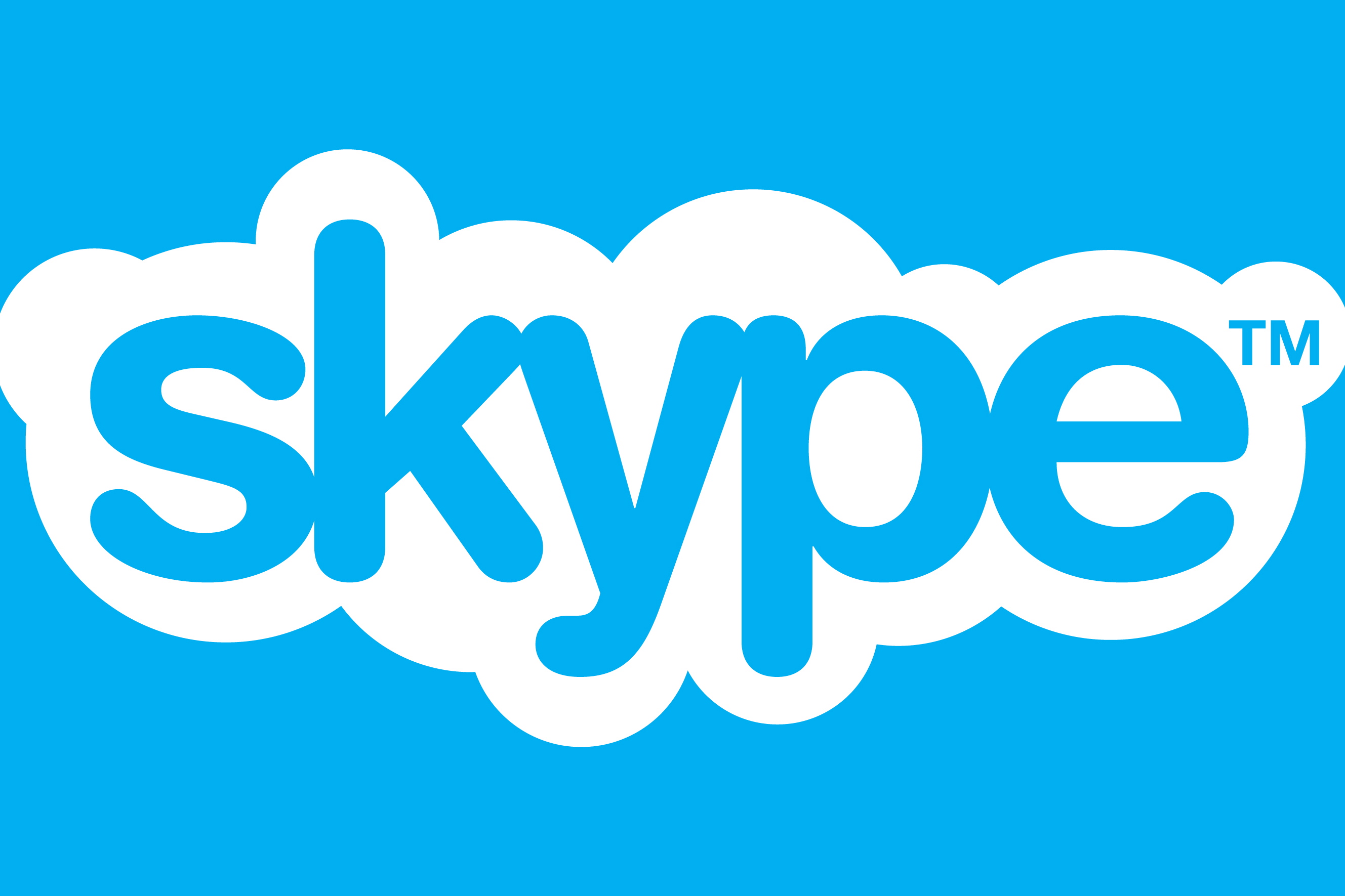Skype going after more business users
The eBay-owned Voice over IP and messaging service is trying to raise awareness of the business applications for its technology and show that it’s more than a consumer tool.

Sign up today and you will receive a free copy of our Future Focus 2025 report - the leading guidance on AI, cybersecurity and other IT challenges as per 700+ senior executives
You are now subscribed
Your newsletter sign-up was successful
Skype is more than just a consumer service, and the company is trying hard to promote its business credentials.
Following eBay's acquisition of Skype for $2.6 billion (1.3 billion) in 2005 and an embarrassing write-down of $900 million (450 million) on its investment last year, many have been left wondering where the growth in Skype's revenue would come from.
Far from continuing as a consumer-focused operation, Skype has been busy expanding the capabilities of its product, as well as signing up numerous partners to integrate its combined instant messaging, audio and video communications software with other devices and platforms.
As well as sanctioning the development of a Symbian version of the Skype client for mobile phones, the company has worked with mobile operator 3 to release the Skypephone, a bespoke mobile phone with Skype client that was a surprise hit last Christmas thanks to its low price tag and good-looking design. The two companies are now taking that consumer experience and that phone into the enterprise with the announcement that Skype support will be added to a number of 3 business price plans.
Skype is also working with a number of partners to develop integration solutions for existing phone systems, as well as adding basic PBX-like functionality to the main product to allow calls to be transferred between Skype users and to support 25-way conference calls.
This, plus the availability of a business dashboard to centrally manage Skype users and their spending makes for a tempting proposition for any company looking to cut call costs and mobilise their staff.
"Around 30 per cent of our customers use Skype for business, an 62 per cent of them use it for customer facing communications," Ian Robin, Skype Business director told IT PRO
Sign up today and you will receive a free copy of our Future Focus 2025 report - the leading guidance on AI, cybersecurity and other IT challenges as per 700+ senior executives
The Skype Business Control Panel allows the IT department to monitor use, allocate Skype call credit and create calling groups. Inbound numbers can also be assigned to individual users from the control panel, and recycled as people leave or move within the business.
The company is also pushing the web integration abilities of Skype as a means to improve lead generation from web pages. By including a Skype Call Me' button on a page, you can not only steer incoming calls into the business via a free IP-based Skype-to-Skype call, but also steer calls to specific departments and users based on what page the call was initiated from.
Video conferencing at the desktop has so far failed to take off in any great way, despite several attempts by both software and hardware vendors to push the technology. However, with most modern laptops featuring built-in webcams that produce good images and widespread availability of good, cheap broadband, video calling is finally viable, something which Skype is trying to capitalise on as an options for time and cost-conscious business users.
"Skype has been critical to the success of our business, allowing us to pull together a workforce that is spread around the world, as well as deliver a high quality of service to customers," said Karen Hollands, a director of language tuition service Toniks.
The company is a heavy business user of Skype, using the service as both an internal communications tool between management and tutors based around the world, as well as a delivery platform for tuition to paying customers. Language students talk to their tutor and receive lessons via a Skype video call, making use of both the audio comms capability as well as improvements in webcam technology to deliver decent video.
The remote worker role for Skype was echoed by Emma Jones, a director of home business website Enterprise Nation and a best-selling author on running a small business from home.
"We've used Skype not only for keeping in contact with employees who are also working at home or in remote locations, but we even use it for recording podcasts" said Jones.
Whether this will be enough to establish Skype in the enterprise remains to be seen. For now, the company has modest expectations for its business push.
"Of course Skype has a role to play inside large enterprises," said Robin. "For now though our main business user focus is on remote workers and workgroup communications".
-
 AWS CEO Matt Garman isn’t convinced AI spells the end of the software industry
AWS CEO Matt Garman isn’t convinced AI spells the end of the software industryNews Software stocks have taken a beating in recent weeks, but AWS CEO Matt Garman has joined Nvidia's Jensen Huang and Databricks CEO Ali Ghodsi in pouring cold water on the AI-fueled hysteria.
-
 Deepfake business risks are growing
Deepfake business risks are growingIn-depth As the risk of being targeted by deepfakes increases, what should businesses be looking out for?
-
 How to delete a Skype for Business account
How to delete a Skype for Business accountIn-depth Everything you need to know about deactivating the communications service aimed at businesses
-
 Microsoft kills off Skype WiFi
Microsoft kills off Skype WiFiNews Small businesses may need to find another Wi-Fi option
-
 Skype celebrates 10th birthday with 3D video calling announcement
Skype celebrates 10th birthday with 3D video calling announcementNews Microsoft VoIP service confirms it is looking to make 3D video calls a reality.
-
 Yahoo!, Tumblr and the $1.1bn gamble
Yahoo!, Tumblr and the $1.1bn gambleIn-depth Is Yahoo!'s big Tumblr gamble a bold move of genius, a security policy for the future, or an expensive folly? Simon Brew takes a look...
-
 Microsoft hit with second Skype patent suit
Microsoft hit with second Skype patent suitNews CopyTele alleges VoIP service encryption systems infringe its IP.
-
 Skype scoops up international voice traffic
Skype scoops up international voice trafficNews VoIP service leaves traditional international voice call carriers for dust.
-
 Confusion reigns over Microsoft's Windows Messenger retirement plans
Confusion reigns over Microsoft's Windows Messenger retirement plansNews Reports suggest the firm will start winding down service from March, but will not be switching it off completely for another 12 months.
-
 Rebtel muses on future of mobile operators as data demands soar
Rebtel muses on future of mobile operators as data demands soarNews Mobile VoIP service provider claims falling margins could prompt operators to call it quits on voice.